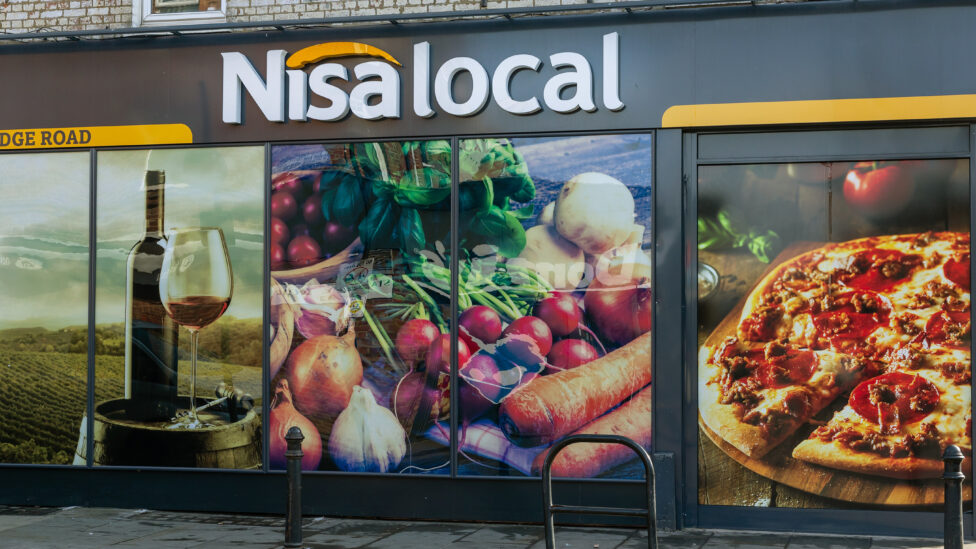Co-op Wholesale has reported revenue and profit losses in its most recent financial year, blaming “challenging market conditions” and price investment for partners.
In the results for the year ending 4 January 2025, revenue fell from £3.6bn to £3.5bn, while it reported a £1m loss in operating profit, compared to £14m profit the previous year.
The multiple said the decline was partly due to a “significant price investment across hundreds of products.”
The investment comes as the firm launched its Aldi price-match scheme in March, pricematching the discounter on core lines such as milk, bread, fruit, meat and soft drinks. Analysis by Better Retailing found a third of the nearly 100 affected lines were cheaper in Co-op stores than from Co-op Wholesale.
The price difference breaches a promise made by Nisa last year to always offer stores Co-op own label at cheaper prices than Co-op stores.
Co-op explains price-match policies
Challenged by Better Retailing on this at the call announcing the financial results, Co-op managing director for B2B and growth, Jerome Saint-Marc responded: “The polices that we have in place are very clear there’s a clear differential between the selling price and the Co-op base price, as well as member price. The member price, which is part of the Aldi price-match, is where we as a group are really making a conscious investment for our members.
“The comparison therefore doesn’t really stack up. Does our policy maintain the differential against the base price? Yes, it does and we are making targeted investment for select categories for our wholesale prices so they can trade accordingly. They have the freedom to set their own prices.
“We’re making concerted efforts to make sure Nisa retailers remain competitive. The member price mechanics have been around for years and the differential is a well-trodden path. The Aldi price-match is no different to what we were doing last year. It’s just a different mechanic.”
Despite the losses, Co-op claimed Nisa held a market share of 11.9% “against a broader sector decline in volumes,” while the number of partners buying Co-op own brand remained fairly flat at 92%.
Read more Co-op news



Comments
This article doesn't have any comments yet, be the first!